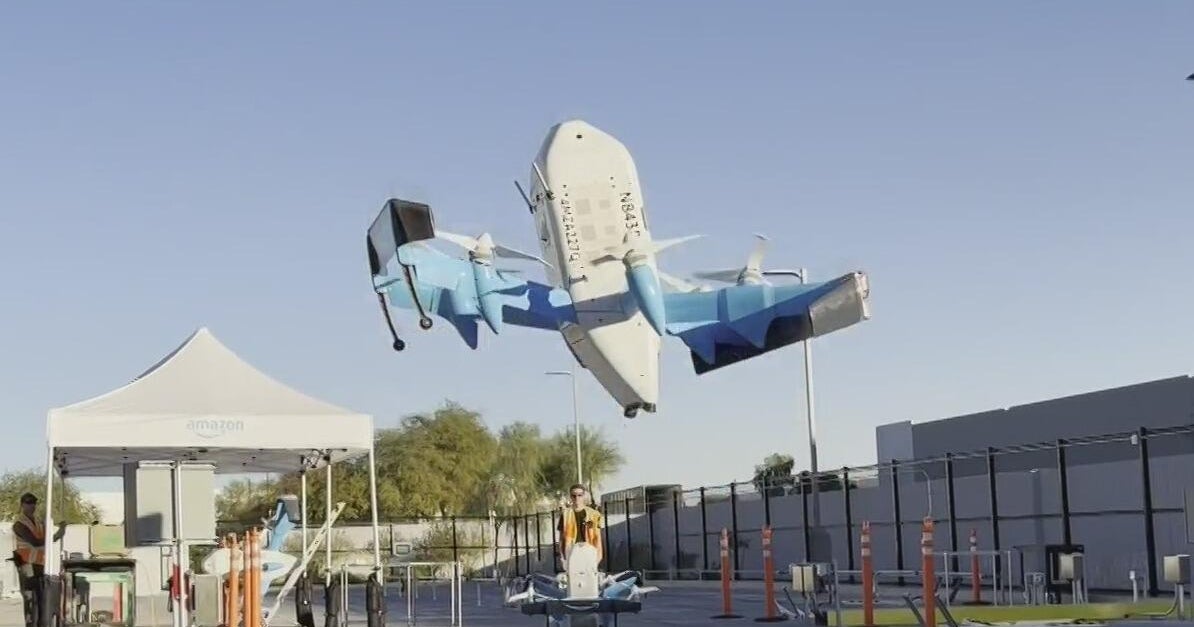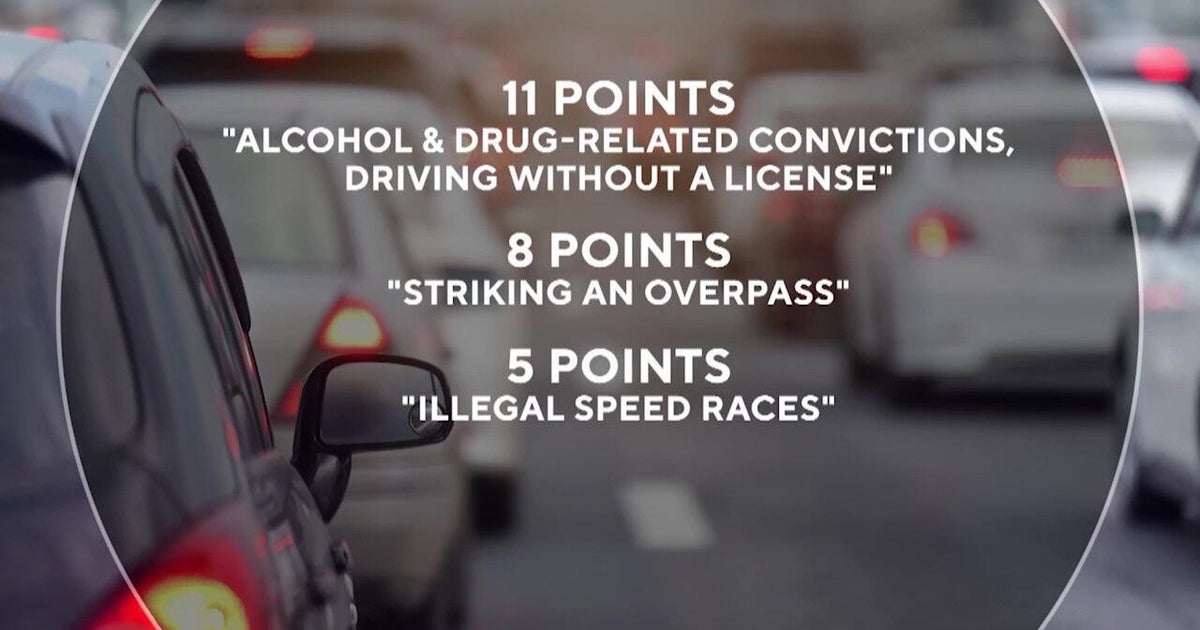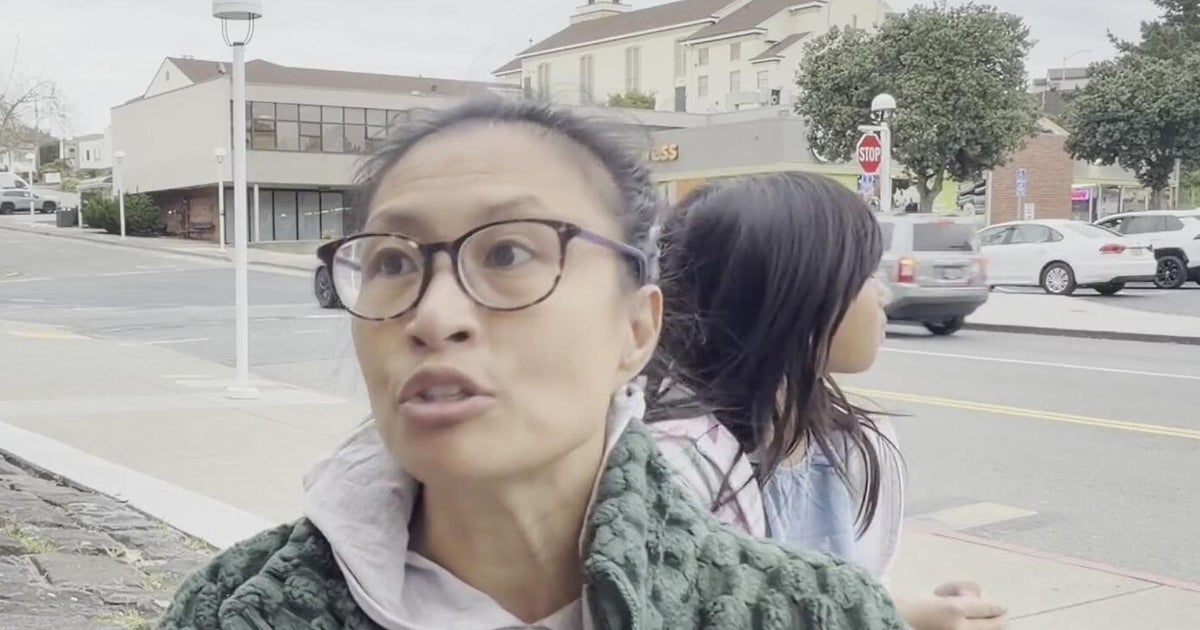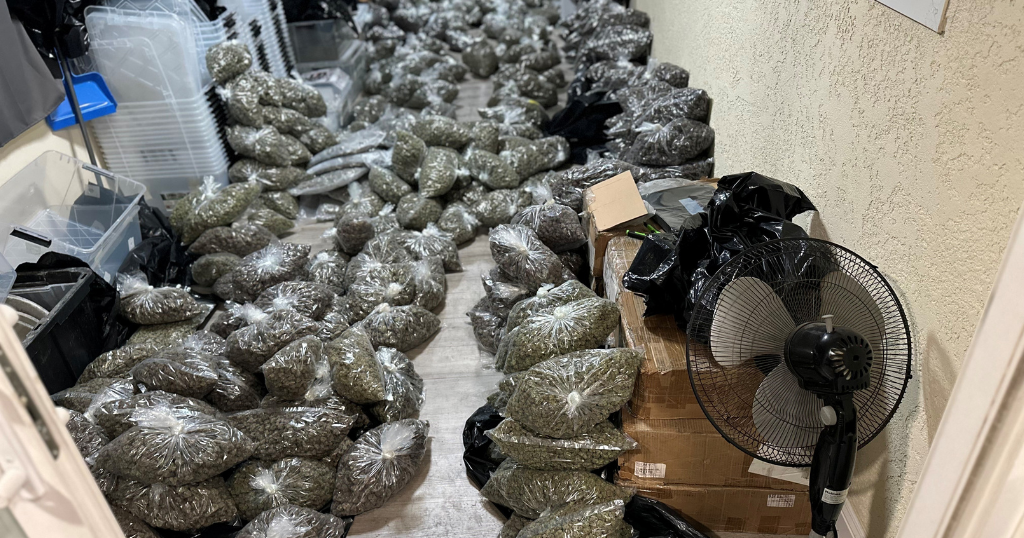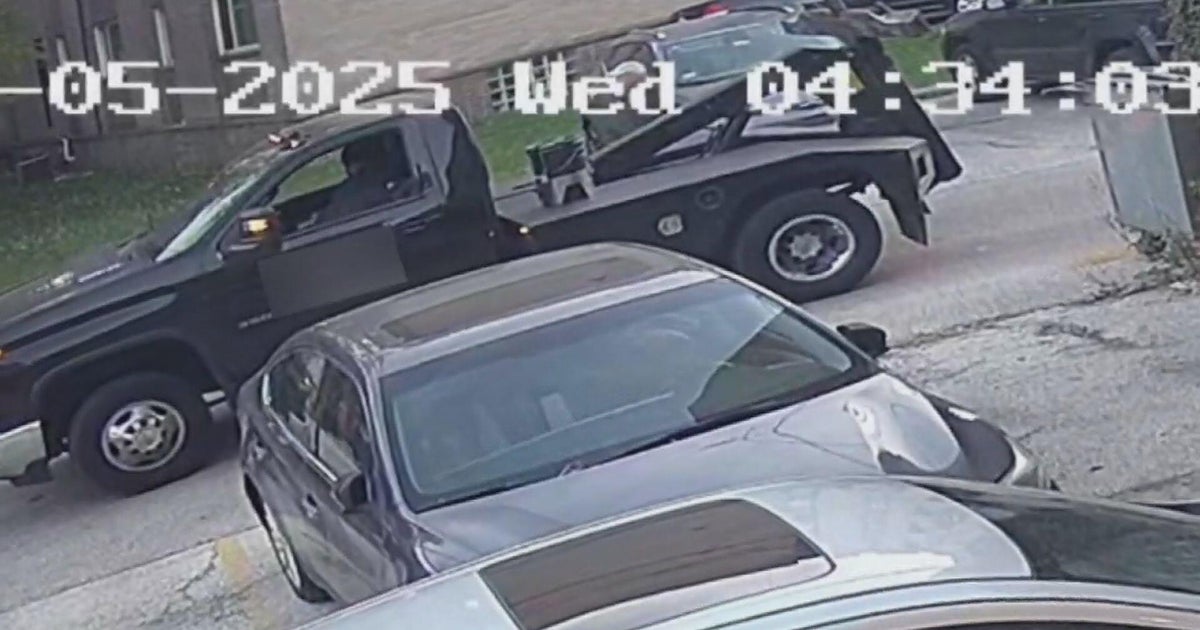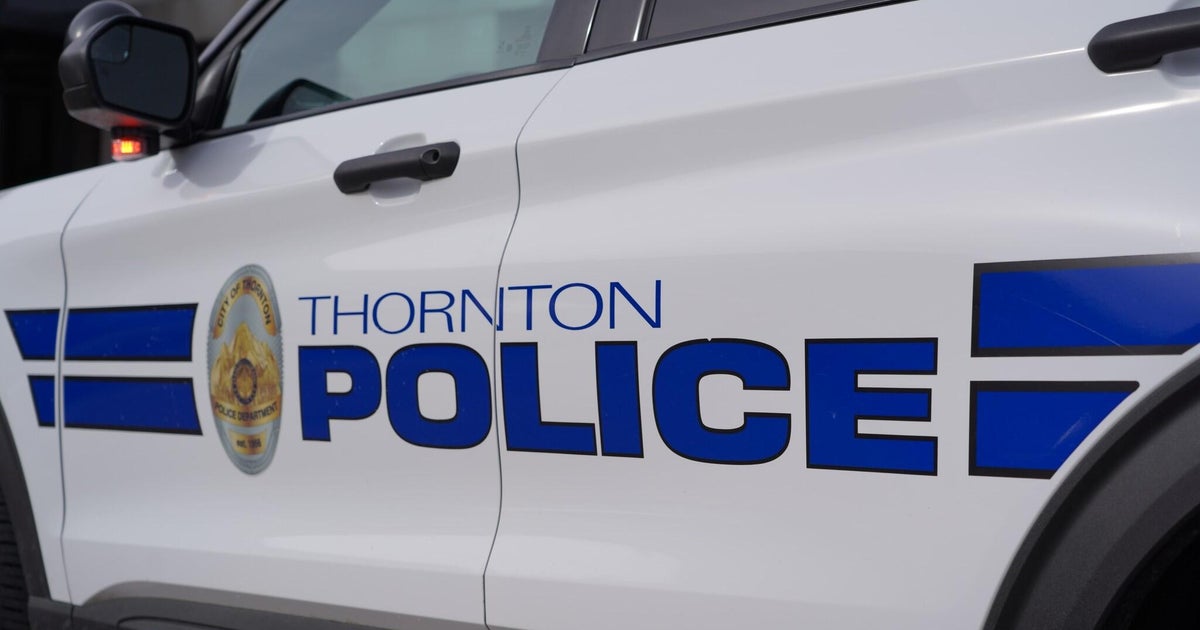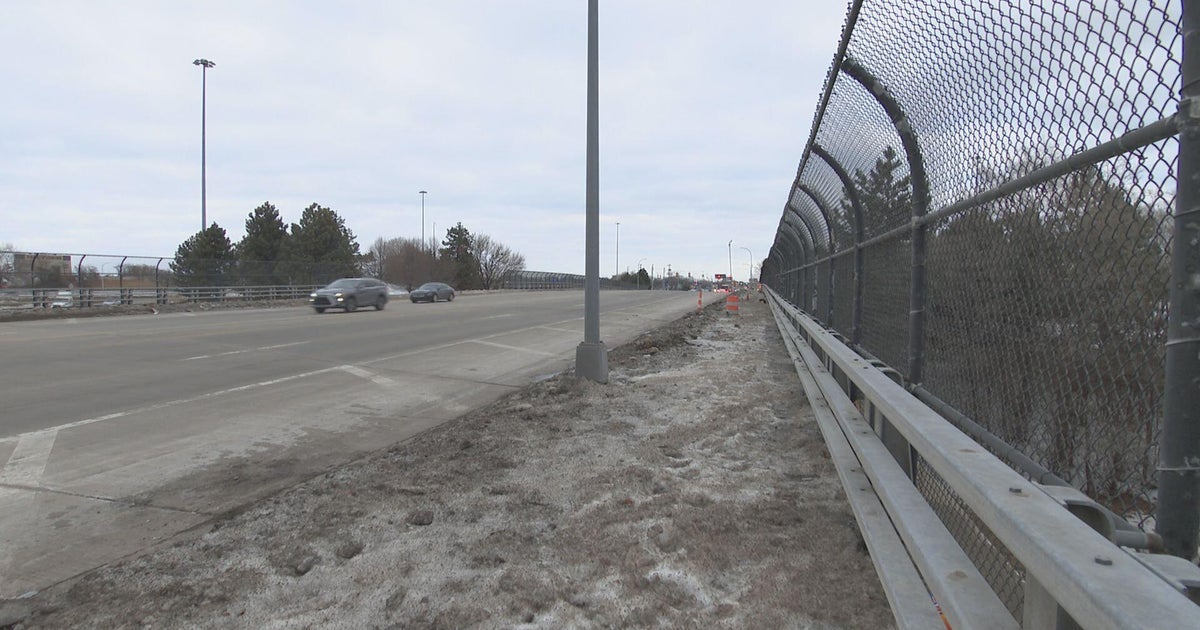E-Commerce Delivery, Rideshare Vehicles Intensify San Francisco Traffic
SAN FRANCISCO (KPIX 5) -- It's the day-to-day problem you can no longer escape in San Francisco .
"Traffic is moving about 30 percent slower than it was," said Tom Maguire, Director of Sustainable Streets for the San Francisco Municipal Transportation Agency.
But just what, exactly, has brought city streets to a crawl?
"There's not just one factor driving traffic congestion in the city," Maguire said.
To help us count the ways, we spent the day with Oscar Palma, who's spent nearly 18 years as a tow-truck driver on the streets of San Francisco.
Topping his list of traffic suspects?
"So many more people, more cars," Palma explained.
Over the course of his time behind the wheel, the city has added nearly 100,000 people, meaning a surge in the number of cars, and some of them are getting more attention than others.
"The Ubers, the Lyfts," says Palma. "There's too many of those guys."
The latest estimate on the number of rideshare drivers in San Francisco stands at 45,000 and many of the complaints following them might sound familiar.
"Holding up traffic to pick up somebody, or making unsafe U-turns," said San Francisco Mayor Ed Lee, speaking after a recent announcement of a street repair initiative.
Driving towards his next tow, Palma complained, "They stop everywhere, no warning, and don't pull over when there's a spot."
It's not just ride-share drivers. There's another growing fleet out there, freight traffic.
"It's so easy to click and order, you don't think about all the duck feet underwater, working for you," said Barbara Ivanov, director of the Urban Freight Lab in Seattle, Washington.
The explosion of e-commerce may have brought convenience, but it's flooding our streets with new, entirely unmanaged freight traffic.
"We know truck driving is increasing. We know double-parking is increasing," said Maguire, adding that there is debate is over whether those trucks remove single-car trips, or add to overall traffic.
There are also the challenges that every driver has to deal with. The city's construction boom has stolen lanes in every direction, and then there's the explosion of city road projects.
Maguire said those projects, scattered across town, are an investment in better traffic flow in the years ahead.
"Our view of a project like Van Ness, Polk, or Masonic, these are bringing safety benefits, helping Muni. The construction can't wait," Maguire said.
As for the ride-share effect, Maguire says the city simply doesn't know, noting, "Unfortunately we don't really have an idea of just how big a piece they are."
City leaders think all those rideshare drivers may be causing problems but they say more data is needed.
That data could help provide a better understanding of potential problems and drive better policies, new rules, maybe a limit on cars in certain parts of town.
So far, companies like Uber aren't exactly sharing their data, despite threats from the mayor.
"You want to work with Mayor Lee right now," Lee said of the ridesharing industry. "Because if you don't, then we will have to make these decisions about safety and deongestizing [sic] streets without you."
When it comes to freight, San Francisco might actually be falling behind. Seattle will start rolling out a freight management experiment later this year.
"Reduce the number of failed first deliveries," said Ivanov. "Limit the time trucks spend in their load-unload space."
As for the other challenges, there may be some good news. San Francisco's downtown construction boom will slow, even if just for dwindling potential construction space.
More relief will come with an end to those teeth-rattling road improvements drivers are rolling over. Several major street improvement projects are scheduled to wrap up in the coming years.
Many of the new challenges, however, are here to stay, and in some respects, we're still at square one, just trying to figure out how many Lyft or Uber drivers are out there.
"Too much of a good thing is also not good as well," said Lee.
"We're really trying to solve the congestion problem, but we're also trying to give people as many alternatives as possible," said Maguire.
Getting there will be much like a drive through the city. It's going to take a while.
